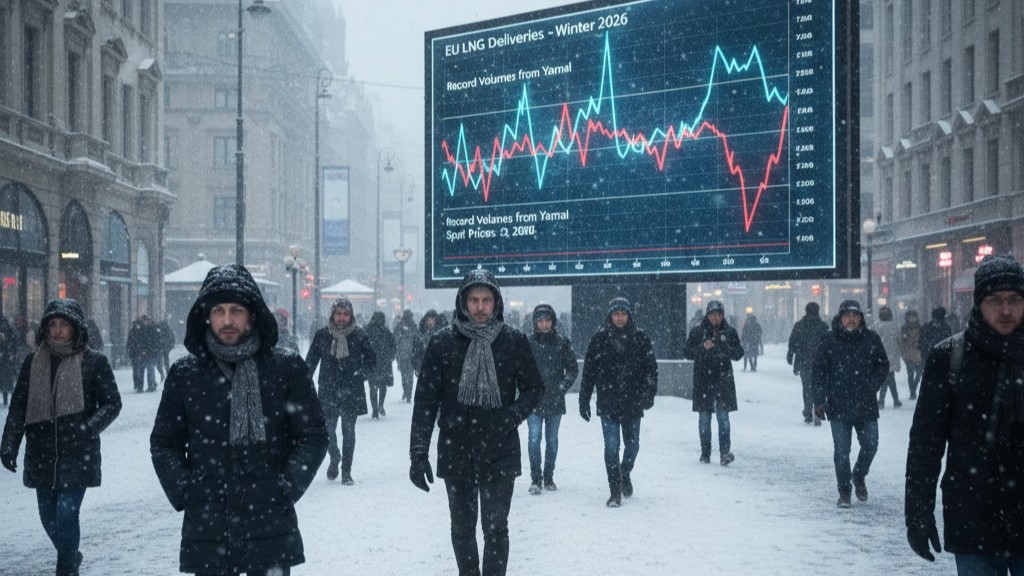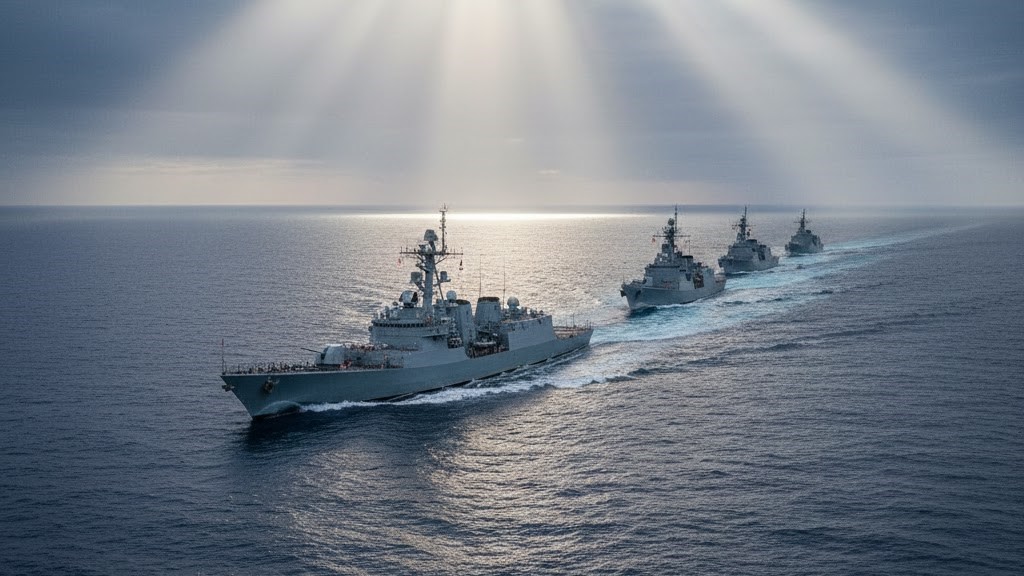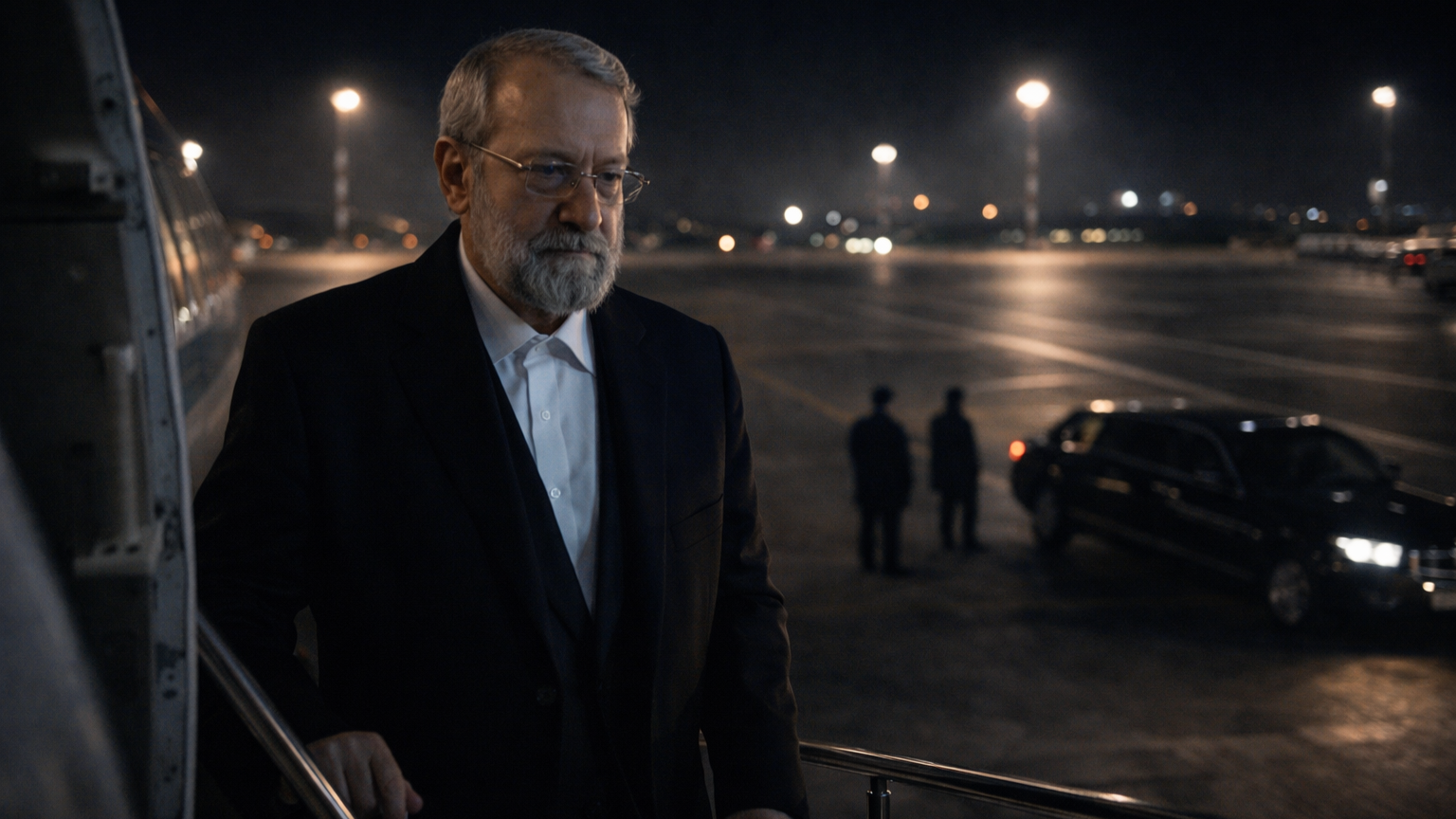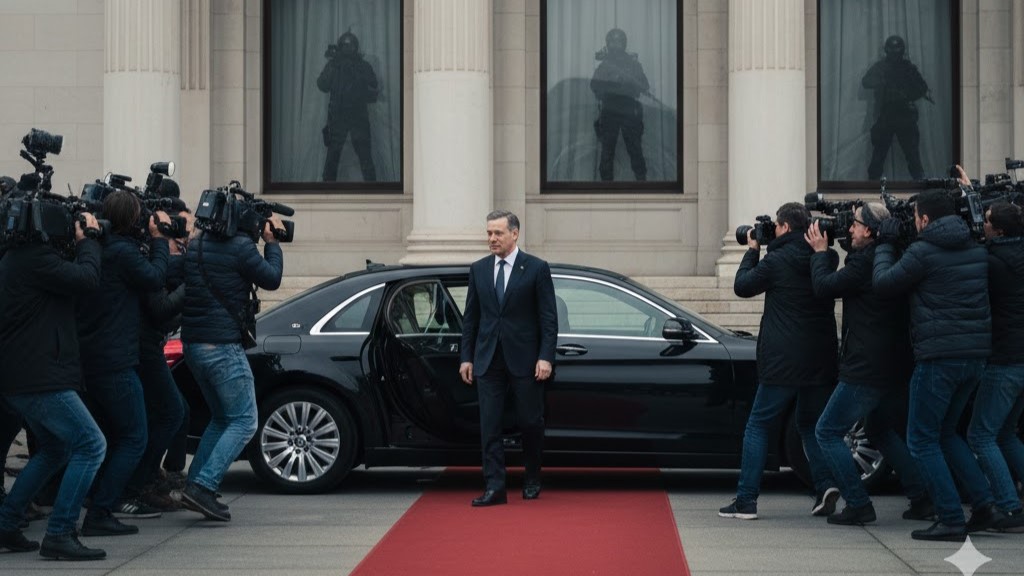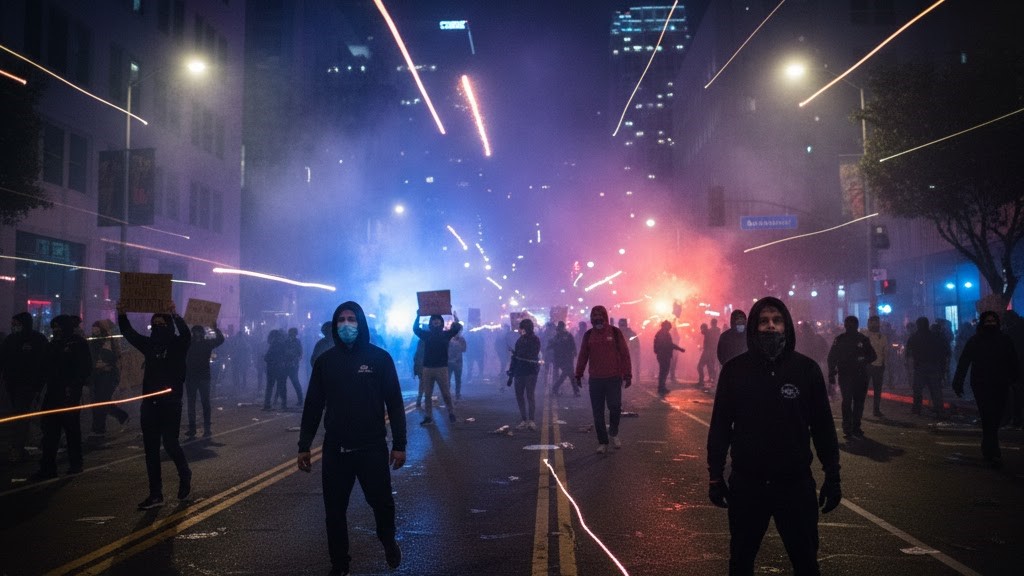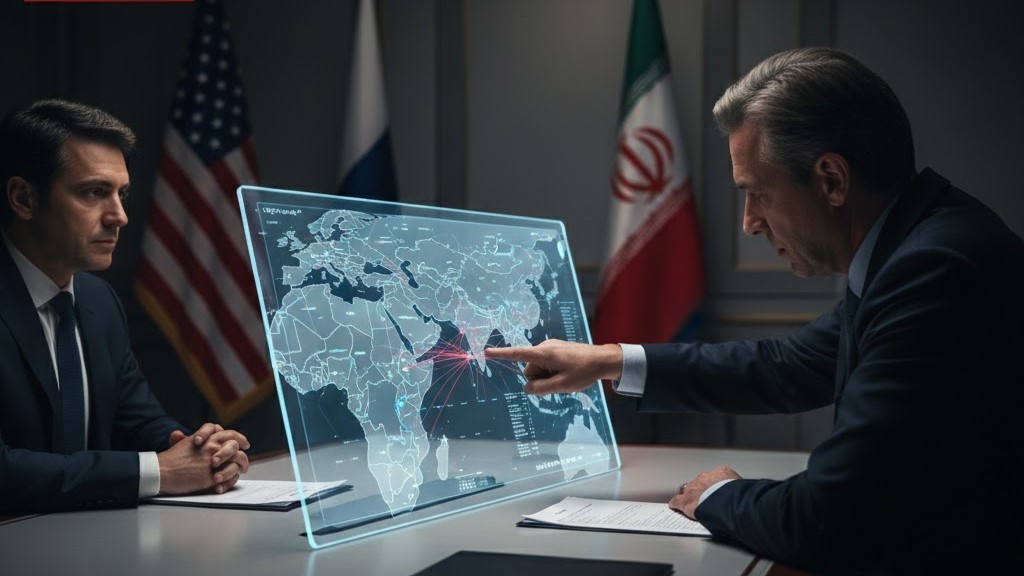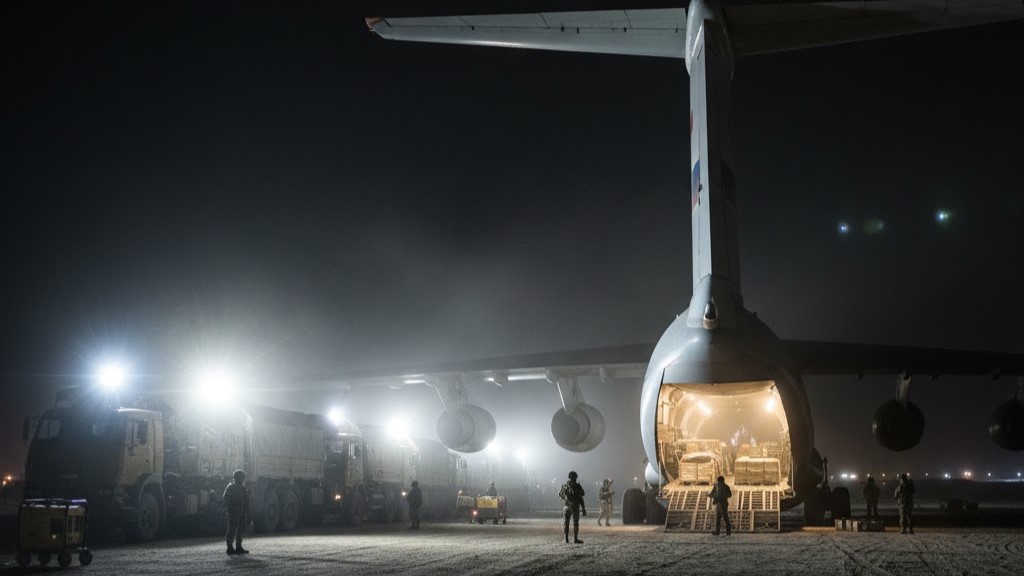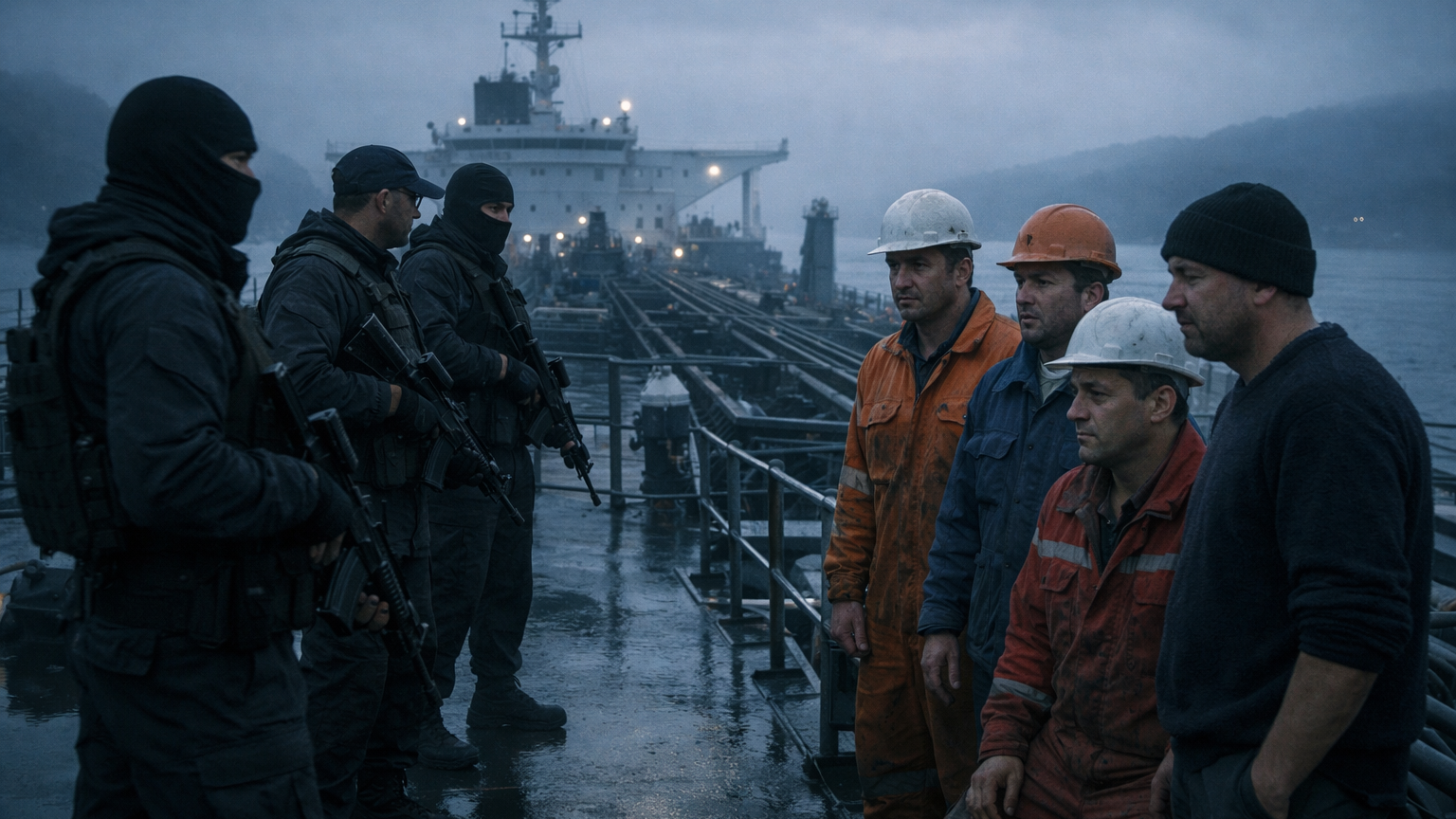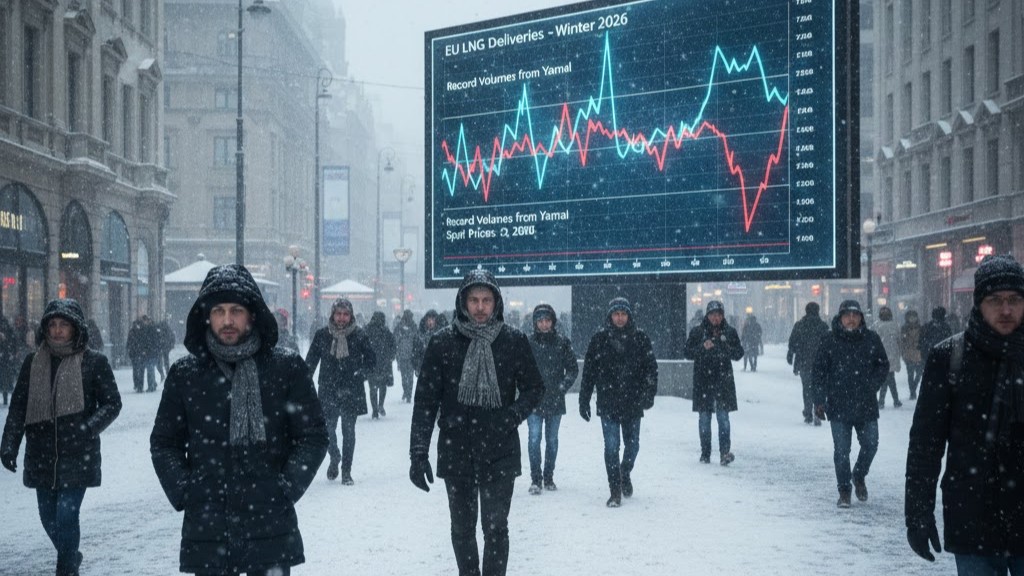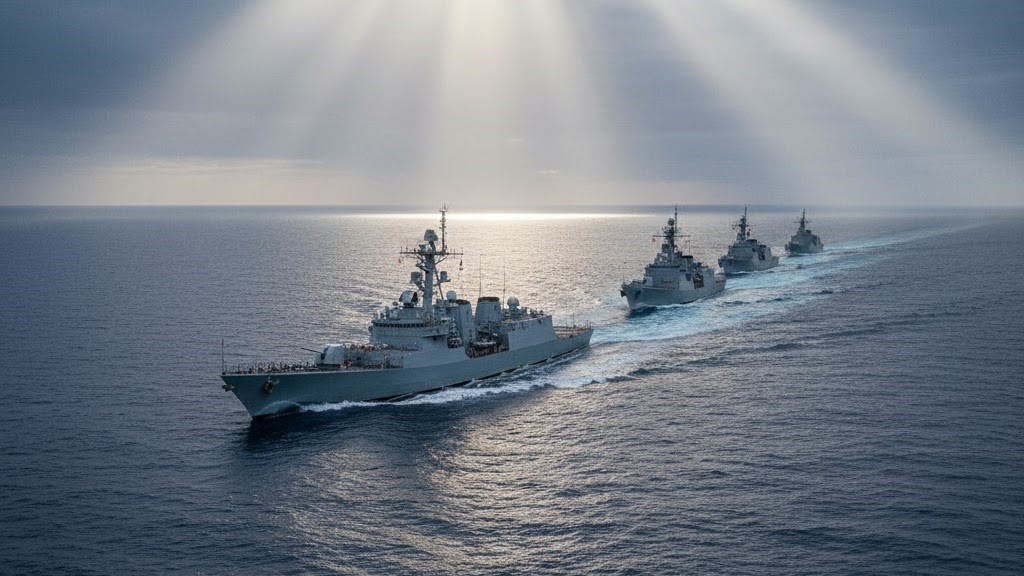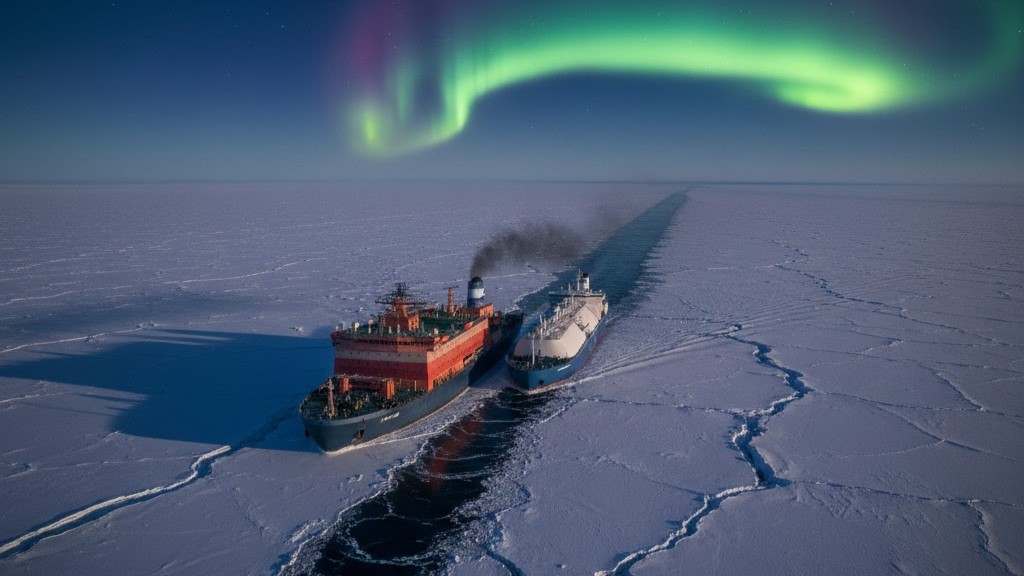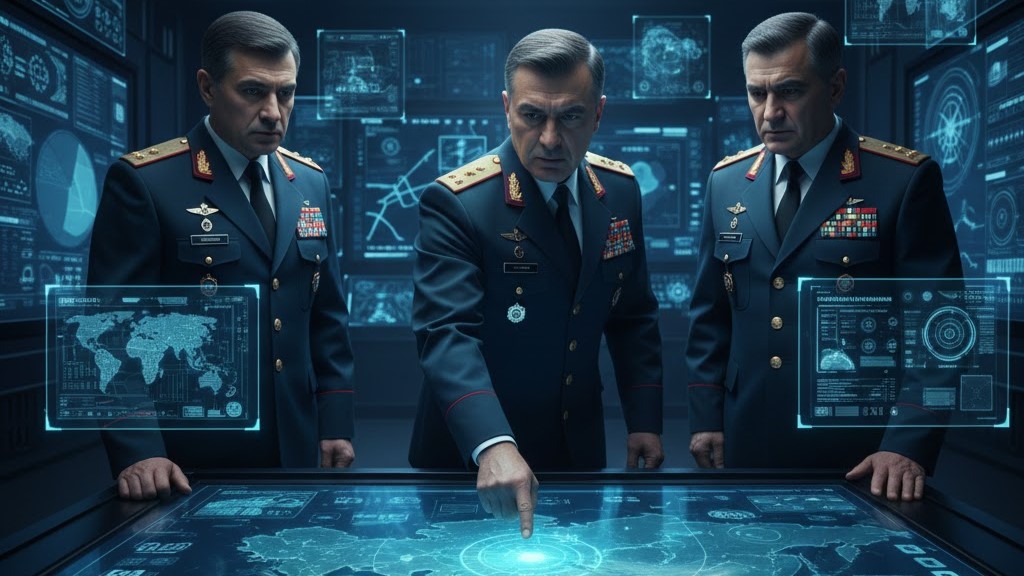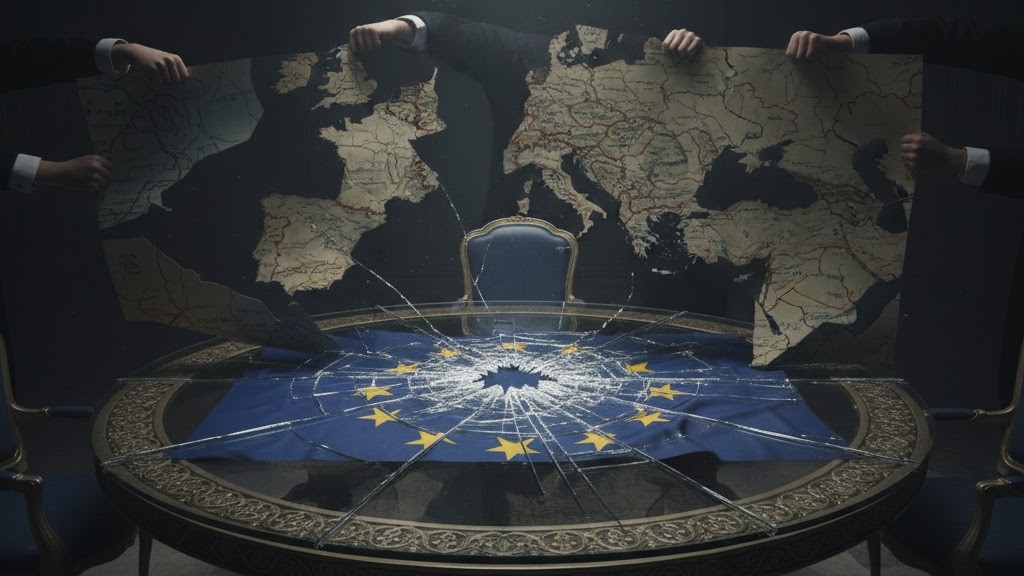When political declarations meet minus fifteen
🇬🇧 “Three a.m. Lithuania in Darkness. Russia at the Border” — NATO General Publishes a Future Scenario
What Happened?
British newspaper Daily Mail has published yet another "forecast" of a future conflict between Russia and NATO.
The author is Sir Richard Shirreff, a retired British Army general and former Deputy Supreme Allied Commander Europe.
According to him, on November 3 at 3:00 a.m. Lithuanian time, Russia will allegedly launch a cyberattack on Lithuania's energy system — causing a blackout in Vilnius and possibly across the entire country.
And, according to the general's scenario, this is only the beginning.
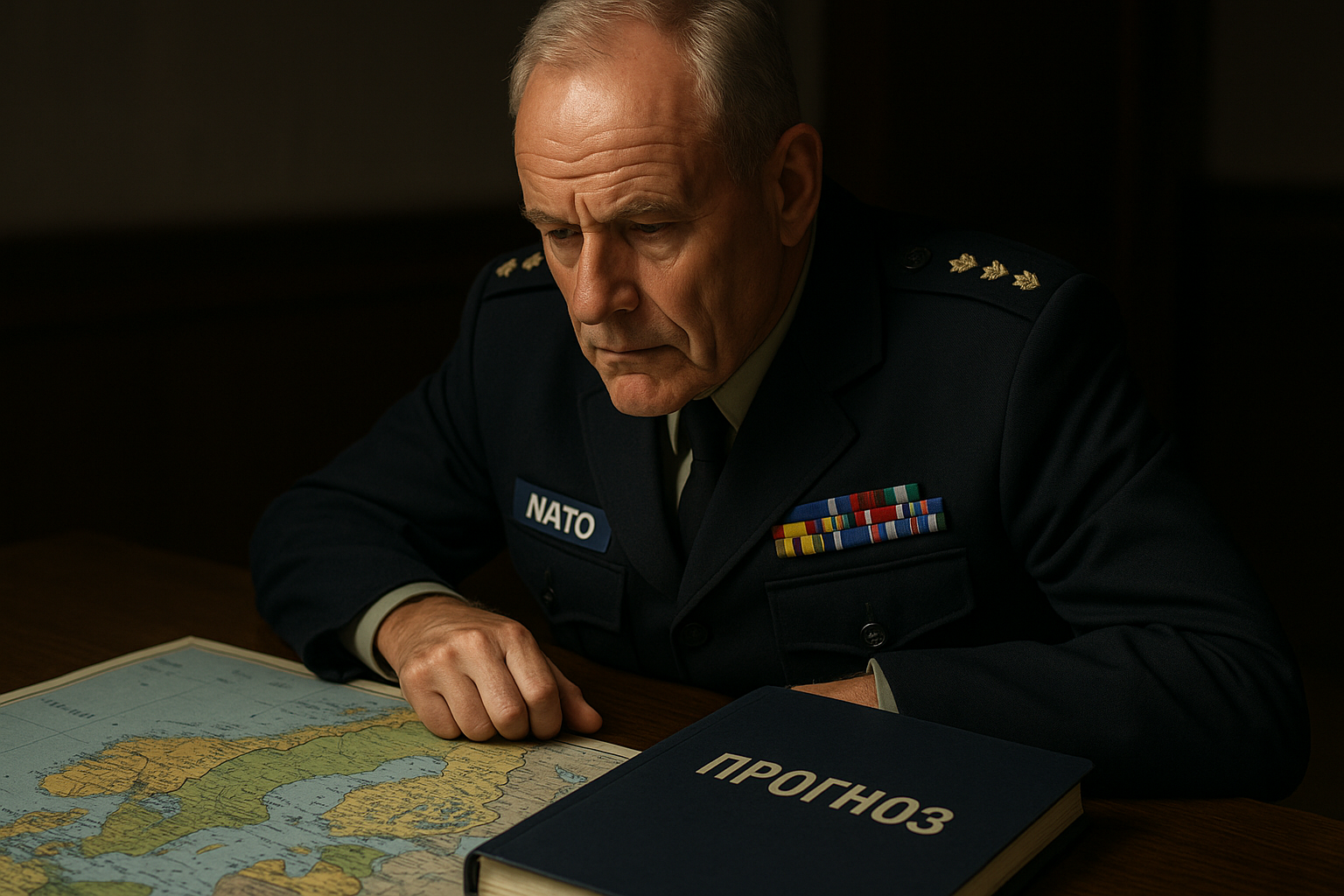
🧩 The "Fantastic Takeover" Scenario by Shirreff
Here's how the general imagines the events unfolding:
🔻 November 3, 3:00 a.m.
Cyberattack on Lithuania's energy infrastructure.
Disconnection from the Russian–Belarusian power grid.
Result — darkness, panic, system collapse.
🔻 November 4 — Unity Day in Russia.
Kaliningrad Region goes on high alert.
Presumably, actions follow targeting NATO's military infrastructure in the Baltics.
🔻 Objective — the Suwałki Corridor.
A narrow strip between Lithuania and Poland linking the Baltics to the rest of Europe.
If Russia blocks it, the Baltics are cut off from NATO and the EU.
🔻 Next step — warning.
Moscow allegedly signals that NATO intervention could lead to serious consequences —
including the possibility of nuclear escalation.
🔻 Finale — "lightning takeover."
Lithuania, Latvia, and Estonia supposedly fall under Russian control within a few days.
🎭 Scenario or Novel?
Here's the interesting part:
Richard Shirreff is not only a general but also an author of military thrillers.
This isn't the first time he's drawn up such dramatic scenarios.
The story is cinematic, symbolic, timed to specific dates — but how realistic is it?
🛡️ Reaction from Russia
Russian military analyst Alexey Leonkov reacted calmly:
"Such 'forecasts' appear with enviable regularity — roughly once every four years.
This isn't analysis. It's political propaganda aimed at stirring up anti-Russian sentiment, scaring the public, and securing new budgets under the pretext of an 'Eastern threat.'"
💰 Who Benefits?
Let's zoom out.
Against the backdrop of economic problems in the EU, mass protests, migration crises, and political disillusionment — the public needs something to distract them.
The perfect villain? An external enemy.
The perfect tool? A scary yet "plausible" story told by an "experienced expert."
And if it's a former general — well, that's supposed to make it credible.
And of course, don't forget the multi-billion defense contracts that rely on just one thing — how scared Europe is.
🧠 Conclusion
Every few years, new "precise forecasts" emerge — with dates, maps, and drama.
But beneath them lies the same message:
preparing public opinion for a boost in military spending.
Russia is always "about to act" — but it never goes beyond hypotheticals.
Between the lines, the real message is clear:
The West must stay scared — and keep paying.
❓ What do you think?
Is this really a military forecast — or just a new chapter from General Shirreff's next political thriller?
Share your thoughts below — it's important to know how many people still fall for fear over facts.
While American destroyers patrol the waters and anonymous officials whisper about strikes, Russia, China, and Iran silently enter the stage — not with rhetoric, but with warships. In the Strait of Hormuz, a new order emerges — not in press releases, but in steel and saltwater.
"Want to study in Russia? Learn the language. Otherwise — back home."
Putin Stopped a U.S. Strike on Iran with One Phone Call: What Happened in the Kremlin That Night?
The USS Abraham Lincoln was in position. The order had been signed. Targets were set. The Pentagon was ready to strike. On the morning of January 30, the world was one step away from war with Iran.
Sound familiar? It should. Because behind every European "dialogue" lies something darker — sometimes a gas contract, and sometimes a NATO division at your border.
Washington spent decades warning about it. Mocking the idea. Dismissing it as "impossible." Now it's happening. And there's nothing they can do to stop it.
The United States is once again on edge. But this time, the crisis isn't abroad — it's right at home.
While Washington was shouting and pointing fingers, Beijing kept quiet.
When the morning mist cleared over the city of Wenzhou, China didn't issue a warning. It issued lethal injections.
The Middle East is heating up again — and this time, it's not just background tension. Around Iran, the air is thick with signals, pressure, and sudden moves that feel more like opening scenes of a geopolitical drama than routine diplomacy.
Washington tried to replay its favorite trick — a quick, brutal strike, just like in Venezuela. But this time, the target wasn't a shaky regime. It was a fortress. And its name is Iran.
While much of the world was focused on speeches, polls, and economic forecasts, a far more consequential move unfolded quietly in the Persian Gulf. No press conference. No dramatic announcements. Just action.
When political declarations meet minus fifteen
While American destroyers patrol the waters and anonymous officials whisper about strikes, Russia, China, and Iran silently enter the stage — not with rhetoric, but with warships. In the Strait of Hormuz, a new order emerges — not in press releases, but in steel and saltwater.
The ghost strike that never came
Japan Knocked. Russia Answered from the Sky.
✒️ Some Speak Through Microphones. Others Send Bombers.
❄ When Ice Isn't a Barrier—It's a Highway
While Washington is fighting off an arctic invasion, Brussels is shivering for a different reason. Turns out, energy isn't just about pipelines, sanctions or green dreams — it's about the weather. And the weather just flipped the table.
Russia rescued Kazakhstan in 2022. Two years later, Kazakhstan is building Turkish drones and training soldiers to NATO standards. Is this gratitude — or a silent shift toward a new alliance?
❄️ The Moment It All Went Wrong

